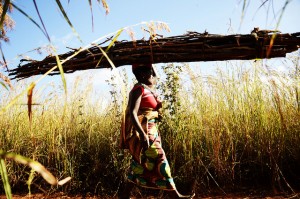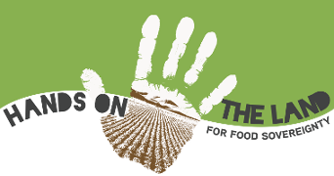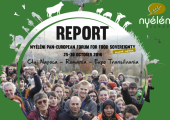 The vast majority of people suffering from hunger and malnutrition are poor and marginalised, struggling to survive in rural areas. About 50 per cent of people suffering from hunger are smallholders and 20 per cent rural landless people. Another 10 per cent are pastoralists, fisherfolk and forest users. The remaining 20 per cent live in urban areas.
The vast majority of people suffering from hunger and malnutrition are poor and marginalised, struggling to survive in rural areas. About 50 per cent of people suffering from hunger are smallholders and 20 per cent rural landless people. Another 10 per cent are pastoralists, fisherfolk and forest users. The remaining 20 per cent live in urban areas.
The right to food is a human right and comes with binding obligations well-established under international law. The Universal Declaration of Human Rights of 1948 first recognised the right to food as a human right. It was then incorporated in the International Covenant on Economic, Social and Cultural Rights (Article 11) adopted in 1966 and ratified by 156 states, which are today legally bound by its provisions.

















 This campaign is financially supported by the European Commission. The views expressed herein are not of the EC.
This campaign is financially supported by the European Commission. The views expressed herein are not of the EC.